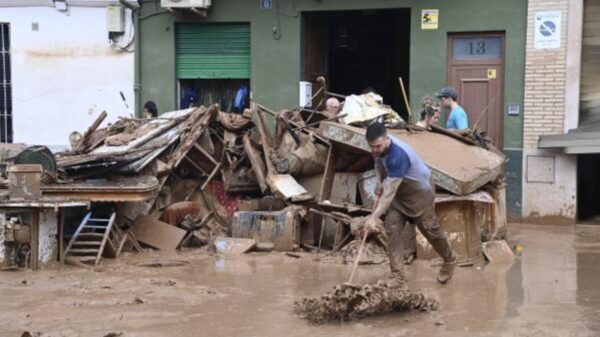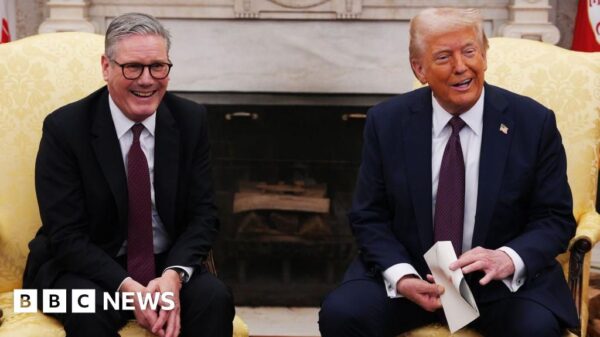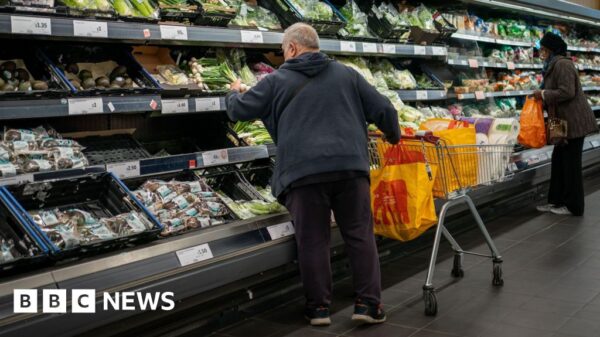European Union countries’ environment ministers attempted on Tuesday (20 June) to agree a common position on the bloc’s landmark law to restore deteriorating natural habitats, having watered down the proposal after pushback from some governments.
The EU proposal to turn around the ailing health of Europe’s natural habitats – 81% of which are classed as in poor health – has sparked a fierce political debate, with EU lawmakers and some governments opposing the bill and questioning whether the EU is pushing too much environmental regulation onto industries.
Draft negotiating documents showed countries plan to weaken parts of the law.
The European Commission, which drafts EU laws, had originally proposed requirements to revive drained peatlands used in agriculture. EU countries look set to weaken those targets – at the request of countries including Ireland – and let governments avoid meeting them in certain cases.
Another change would scrap an obligation to ensure that the health of mudflats, grasslands, forests and other habitats does not worsen, replacing it with an aim to “endeavour to put in place necessary measures” to prevent this.
Countries including Denmark have also warned that the law could clash with climate goals, if it impedes the build-out of new wind farms in natural environments.
The Commission has offered assurances that economic activities can continue in areas where nature is being restored.
But EU diplomats said a range of concerns meant at least seven countries – among them Denmark, the Netherlands, Poland and Sweden – had not backed the latest proposal in preparatory talks last week, signalling a tight vote on Tuesday.
EU countries and the European Parliament must both approve the nature law.
The parliament’s biggest lawmaker group is leading a campaign to reject the law, arguing that making more space for biodiversity-boosting features on agricultural land would threaten food production.
More than 3,000 scientists have rejected those claims. But the law’s future remains shaky. A motion by EU lawmakers to reject the entire proposal last week failed by a razor-thin margin, ahead of a full EU Parliament vote in July.
































